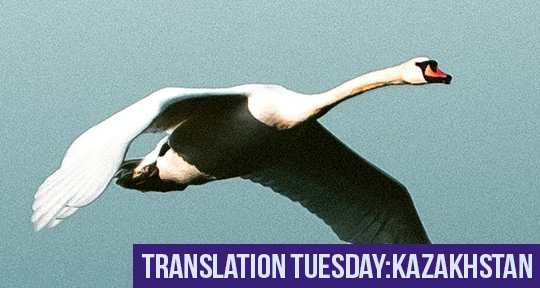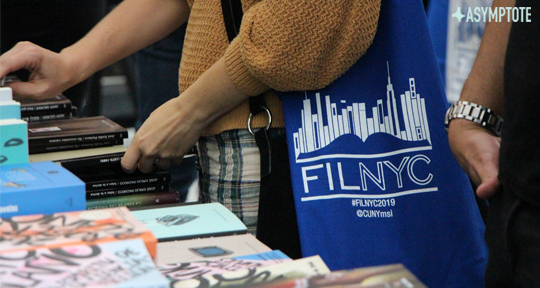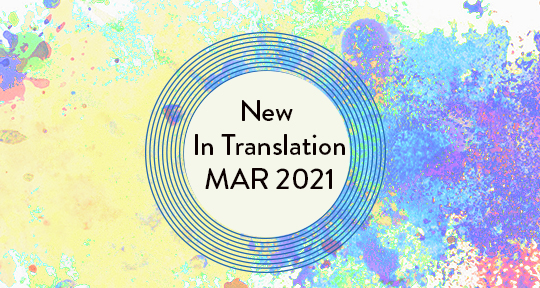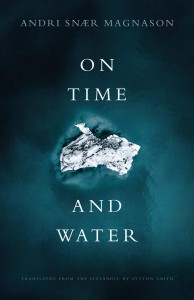This week our writers bring you the latest news from Poland and Thailand! In Poland, Julia Sherwood takes us through the Conrad Festival, the 2021 winner of the prestigious NIKE Prize, and the launch of the first ecopoetics course in the country. In Thailand, Peera Songkünnatham explains how an innovative series of illustrated children’s books have risked censorship for their depiction of government protests. Read on to find out more!
Julia Sherwood, Editor-at-Large, reporting from Poland
Tomorrow, 24 October, is the closing day of the 13th edition of the Conrad Festival that started in Kraków on 18 October headlined “The Nature of the Future”, which has sought to “imagine the shape of our near and distant future, all while thinking about the changes that we are going to witness in the natural environment”, as well as highlighting themes of feminism. International literary heavyweights—Han Kang, Rebecca Solnit, Marieke Lucas Rijneveld, Valeria Luiselli, Helena Janeczek, Elias Khoury, Lisa Appignanesi, Behrouz Boochani, Brandon Hobson, George Saunders and Petra Hůlová—as well as acclaimed Polish writers such as Julia Fiedorczuk, Mikołaj Grynberg and Dorota Masłowska have been taking part in discussions and presentations, held mostly online (the recordings can be watched on the festival’s YouTube channel.)
2021 NIKE Prize, Poland’s most prestigious literary award went to Kajś, Opowieść o Górnym Śląsku (Somewhere, A Tale of Upper Silesia), in which its author, Zbigniew Rokita, searches for his Silesian roots and grapples with his own ambivalent feelings about his native region. The decision to shortlist only one work of fiction while all the other books, including the winning title, represented nonfiction, caused some controversy. However, this is hardly surprising given the strong position of literary reportage in contemporary Polish literature. The genre even has its own award, the Kapuściński Prize (this year it went to Jessica Bruder’s Nomadland , translated into Polish by Martyna Tomczak) and its own teaching institution, the Warsaw Institute of Reportage whose founders and teachers include the most celebrated reportage authors Mariusz Szczygieł, Paweł Goźliński, and Wojciech Tochman.
Last year Filip Springer, one of the Institute’s teachers launched a new course, The School of Ecopoetics, the first of its kind in Poland. Feeling the need to explore what individuals and writers can do to prevent an ecological disaster, Springer, a writer and photographer (and past Asymptote contributor), approached the poet, translator, and literary critic Julia Fiedorczuk who is a leading exponent of ecopoetics in Poland (and also a past Asymptote contributor) to design the programme. Although the course was aimed at writers, poets, journalists, and critics, the organizers stressed that the School of Ecopoetics “is not a school of writing”. Instead, “its goal is to help the students develop ecocritical reflection, to change their way of thinking by drawing attention to the relations between human beings and non-human nature.” Judging by the enthusiastic responses shared by some of the first twenty graduates on the School’s Facebook page, the mix of traditional lectures and fieldwork (hiking through forests, sleeping in tents and discussions around the campfire) held from June 2020 to October 2021, was a resounding success. Recruitment for next year’s course starts in November. READ MORE…





